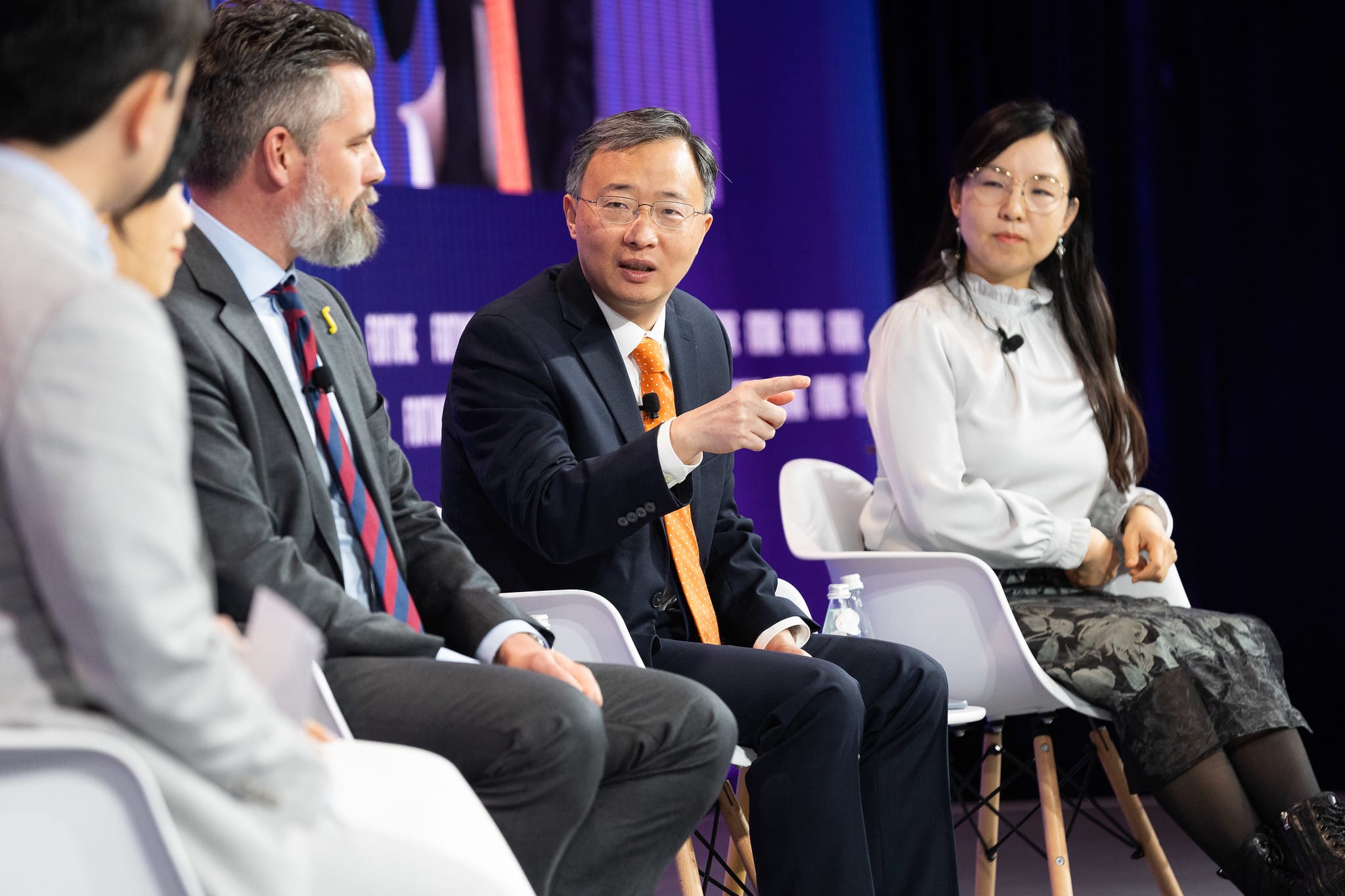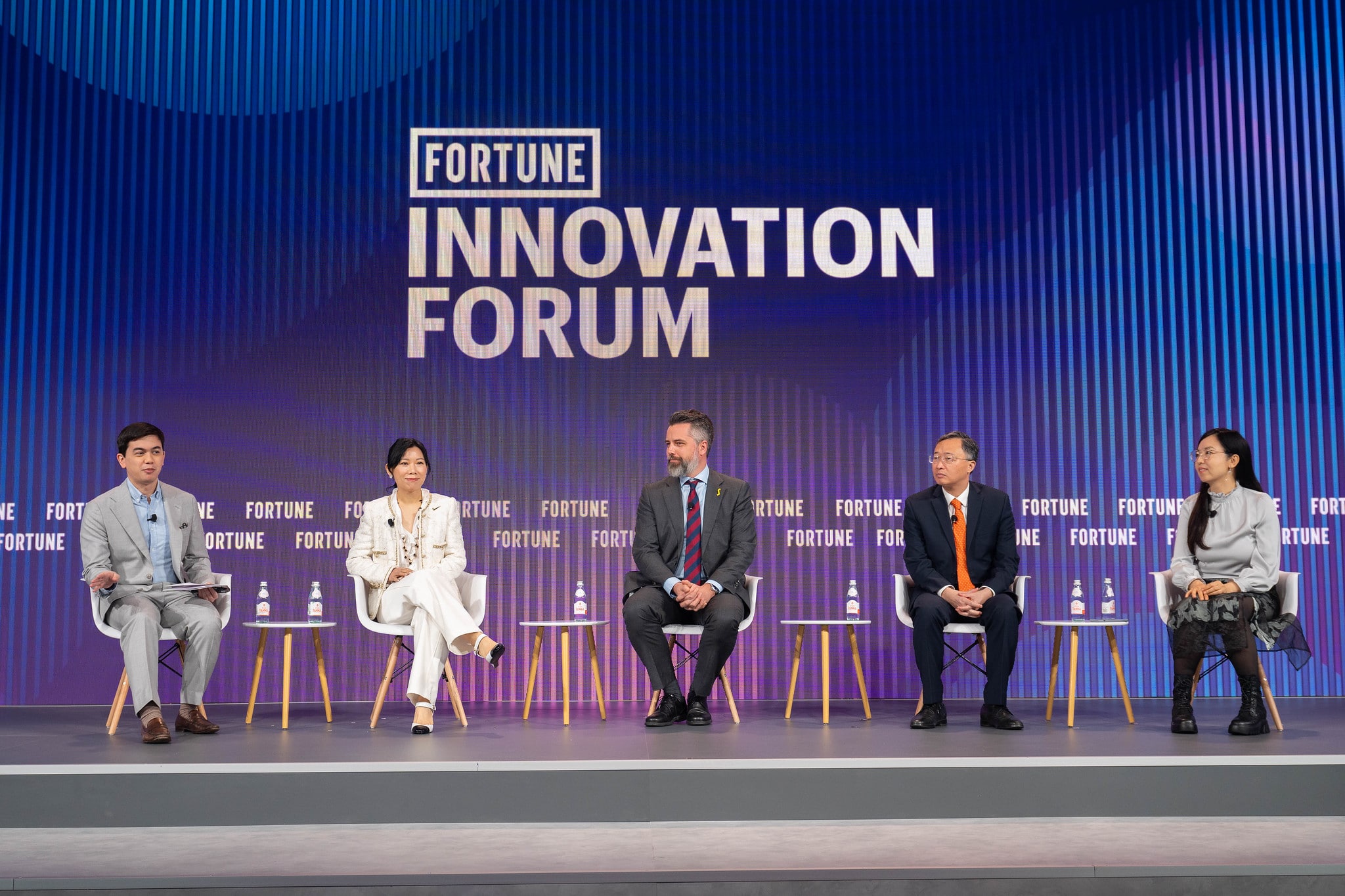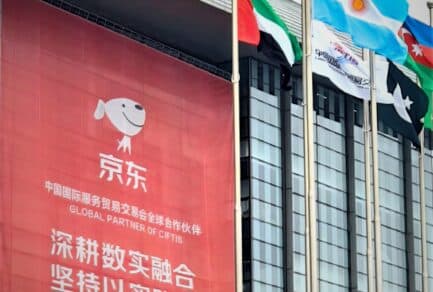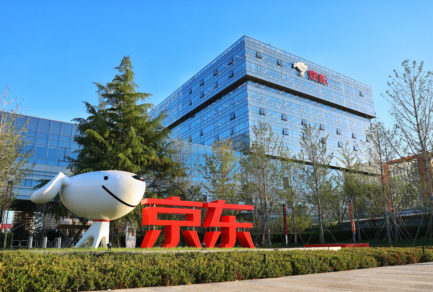Oct 29, 2020|
Leading Chinese Farmers to a Better Life: Richard Liu’s Road of Poverty Alleviation
by Rachel Liu
Xiao Yue is a girl from a rural village called Yanchuan in Shaanxi province. Her family owns a small farm, but for a long time Xiao Yue’s parents, who are in poor health, had no knowledge or training on how to plant the fruits in an effective way. As a result, the fruits often failed to meet quality standards to be sold in a good price, and ultimately rotted.
Things changed after 2016, when JD’s agricultural technology service team went to Yanchuan to help the farmers with scientific planting and help them increase profits. The previous poverty alleviation programs in Yanchuan had often followed a “one-size-fits-all” model, which weren’t applicable for many farmers. Additionally, some of the policies were too complicated for uneducated farmers to understand.
Unlike the previous projects, JD’s poverty alleviation program aims to really help the farmers solve their problems. JD provides solutions for farmers throughout the whole product chain: planting, processing, brand-building and marketing, logistics, and finance. The program has helped the farmers improve the quality of the land, and boost nutrition for the fruit trees. JD buys the fruits at a price 20% higher than industry average. JD also developed a brand “Bu Er Guo” (unique fruit) for the fruits, and built an online store on JD as the sales channel.
Now JD has built 500 bases for high-quality fruits in Shaanxi, including apples, grapes, red dates and more. In the past five years, sales of agricultural products on JD have surpassed RMB 500 billion yuan, and as of September 30th, JD has launched over 3 million types of products for poor areas in China, which have helped over 1 million poor farmers increase their income.
When the COVID-19 outbreak caused problems for many rural areas in selling and transporting their agricultural products, JD quickly opened a “fresh food green pass” for the farmers. The project ultimately sold 300 million agricultural products and held over 100,000 livestream shows for farmers.
JD Chairman and CEO Richard Liu’s passion for poverty alleviation comes from experiencing poverty in his childhood. When he was little, he rarely had chances to eat meat or wear new clothes. When he was admitted to Renmin University, his fellow villagers, though poor, collected 76 eggs and RMB 500 yuan for him to start his life in Beijing. He still remembers and appreciates what the villagers did for him, and wants to help them and other people in similar circumstances fight poverty and illness.
In 2003, when JD had only 38 employees, he took the staff to Shanxi province to fund 38 orphans—one for each member of the company. In 2015 after JD had become more successful, he went back to his hometown in Suqian, Jiangsu province, to give RMB 10,000 yuan to each of the over 600 elderly people in his village. In 2017, when he served as honorary village director for Pingshitou village in Hebei province, he prepared gift boxes worth over RMB 1,000 yuan each for every family ahead of Chinese New Year.
Though these experiences were fulfilling, Liu eventually realized that only giving money to the farmers was not sustainable, and would not solve the real problem. He found that the reason that many poor villages could not improve their living standard was because of the information gap between rich and poor, and the price discrimination for poor areas.
The information gap means that farmers don’t know the true market demand for their products. Price discrimination means that in poor areas, the agricultural products are usually sold at a very low price— and it’s hard to get the products to big cities to sell in a higher price range. Also, its generally more expensive for poor areas to buy daily products, because it’s more costly to transport the products to these areas. The villagers need to pay more money for the same product compared to people living in the cities. In response to observing these conditions, Liu decided that JD would help the farmers solve these two problems.
To tackle the information gap, JD leverages big data to instruct the farmers on how much they need to plant and what they need to plant. To solve the price discrimination issue, JD has improved the coverage of logistics and cold-chain warehouses in the rural areas, and has leveraged JD’s supply chain to help farmers get their products out of the village.
JD Logistics also launched an initiative to achieve 24-hour delivery in over 1,000 counties and over 10,000 towns, to provide quicker and easier delivery service for rural areas. Additionally, JD helped the rural areas to build their local brands for agricultural products to increase the added value for the products. In 2016, Liu launched the “running chicken” project, in which farmers collect the steps that each chicken walked every day. The chickens need to walk 1 million steps before they go to market. JD purchases the chickens from the farmers to sell on the JD platform.
In 2017, Liu was awarded Outstanding Contribution Award for Poverty Alleviation given by the State Council—and his road of poverty alleviation continues. He announced that in the next three years, JD aims to help farmers through its ability in supply chain, logistics, finance, technology and service, and lead rural areas to achieve over RMB 1 trillion of output. He will focus on smart agricultural projects, the establishment of new infrastructure, support industry belt, supply chain empowerment and financial support to build integrated chains for the agricultural products and lead more villagers to better lives.



 Five Pillars Supports the Rapid Growth of JD Health
Five Pillars Supports the Rapid Growth of JD Health

